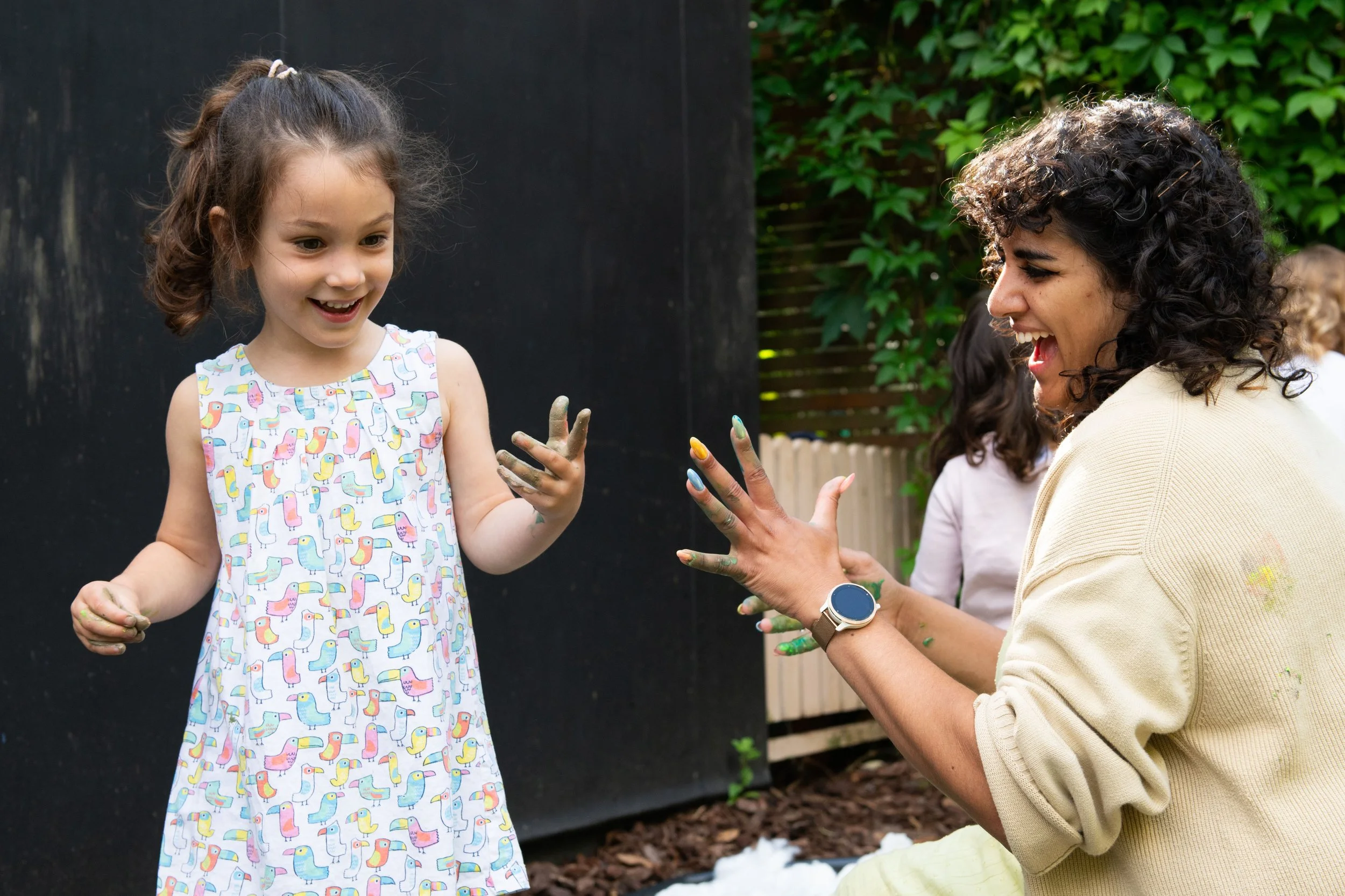A Regulation Equation: Part Two
“Education is not preparation for life; education is life itself” (James Hinton & John Dewey, 1880s).
Dr Montessori developed her method based on close observation of the ways in which children learned, rather than based on what adults wanted them to know and do. The idea of the key metric of success for early years education being the skill of being an independent and lifelong learner is at the heart of progressive schooling, rejecting the ‘factory production line’ model of everyone moulded to be the same and learning specific facts. Primacy must be placed on the growth mindset as early as possible, i.e. the ability to learn how to learn which leads to resilience in all areas of challenge we might face. This begins with feelings of safety and confidence and the self-belief to explore what piques our curiosity.
📄 ”Children should be supported to manage emotions, develop a positive sense of self, set themselves simple goals, have confidence in their own abilities, to persist and wait for what they want and direct attention as necessary” (The Early Years Foundation Stage, Department for Education, England 2021).
While there’s not perfect formula, there is a way to better balance the equation of responsibility for emotion regulation that is shared across the home and nursery environments.
Here are five of the conditions and habits we’ve created very intentionally at Playhood to achieve this, some of which are referenced in the Masters’ student thesis research done here, which we posted about recently:
GROWTH: Uniting ‘Continuous Professional Development’ for staff with ‘parent education’ — low barrier invitations to learn together about the Montessori philosophy alongside emerging brain science and child development research.
GOOGLE DRIVE: Co-creating resource for pooling strategies and tips for: (1) sowing seeds for coping skills and connection during good regulation and calm to make dysregulation is less frequent and/or less severe, (2) in-the-moment de-escalation or coping skills (shared awareness of the child’s triggers leads to individualised methods) and (3) repairing after frustration or conflict and rebuilding trust after unavoidable ruptures.
GLIMMERS: Building consistency across home and nursery via channels of two-way communication about children’s anxieties, aversions, tendencies and soothing habits; plus safe spaces for communication about the challenges and sensitivities of parents and staff, too.
GENEROSITY: Reinforcing peer co-regulation habits and being highly responsive. Trust that support will be there if you express the need to take a break, take a minute, stand-down, or in any way remove yourself from something you’re struggling with; paired with the expectation of kindly reciprocating this in another’s time of need.
GREENERY: Access to play, exploration and release in nature as an absolutely essential way to build wellbeing and coping skills. Plenty of research has shown how regulation and communication improves when we spend time in greenspaces. As well as the freeflow movement in and out of doors at Playhood, we have a calendar full of trips to ancient woodlands, excursions to parks, and on weekends and holidays doing trips further afield to enjoy many kinds of natural landscape together.
If you’re interested in our research or want to find out more about our consultancy services please send a DM at instagram.com/PlayhoodClub or email georgia@playhood.club


